This artificial gut will allow scientists to gain deeper insights into the biome that exists there and how dysregulation can lead to disease.
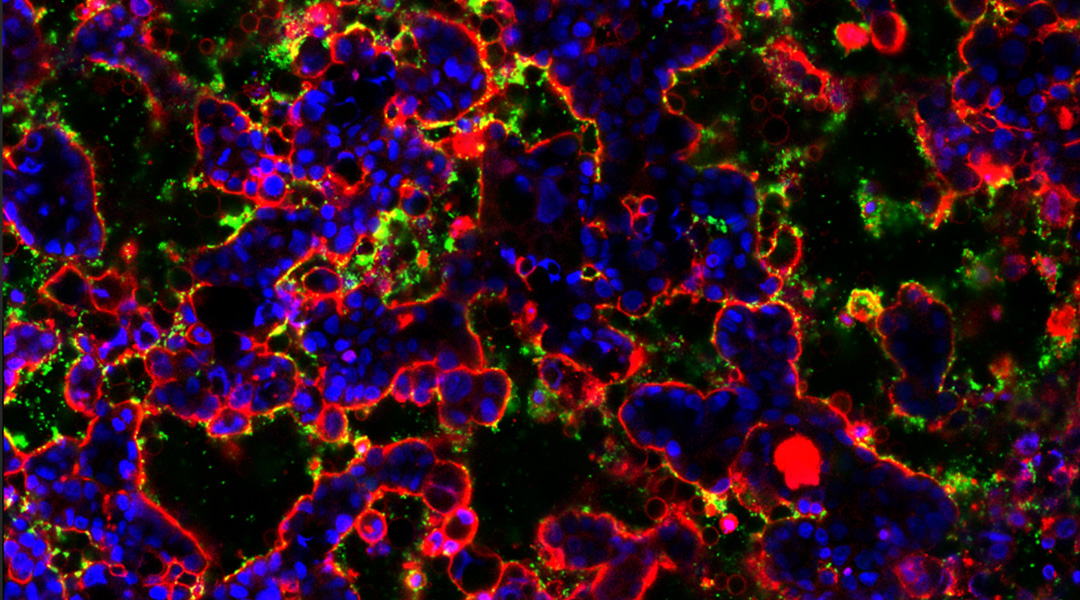

This artificial gut will allow scientists to gain deeper insights into the biome that exists there and how dysregulation can lead to disease.
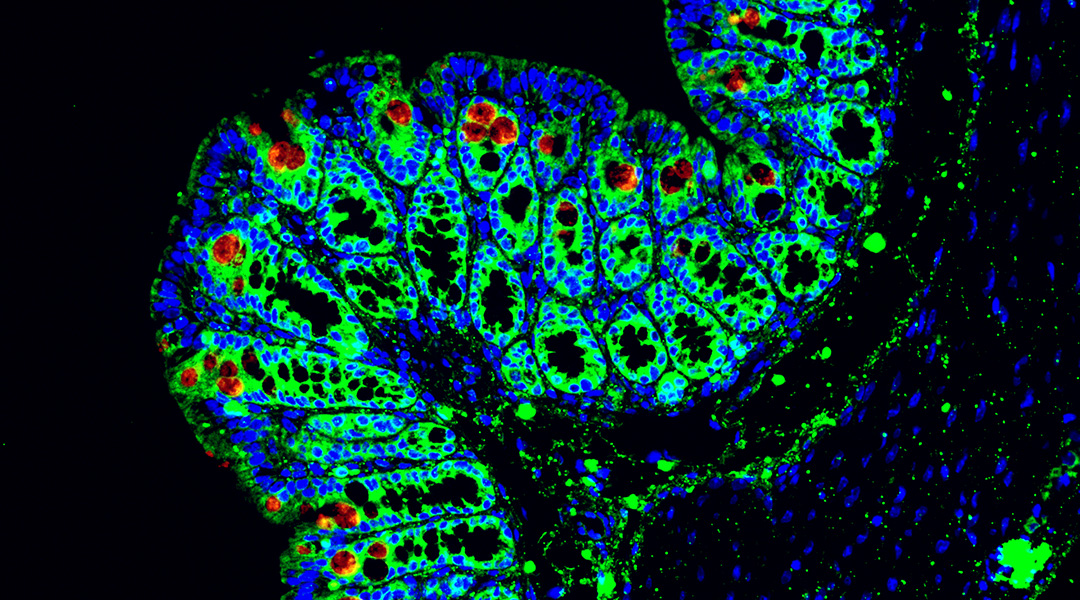
Scientists discover interactions between gut bacteria and immune cells that cause inflammatory bowel disease in glycogen storage disease.
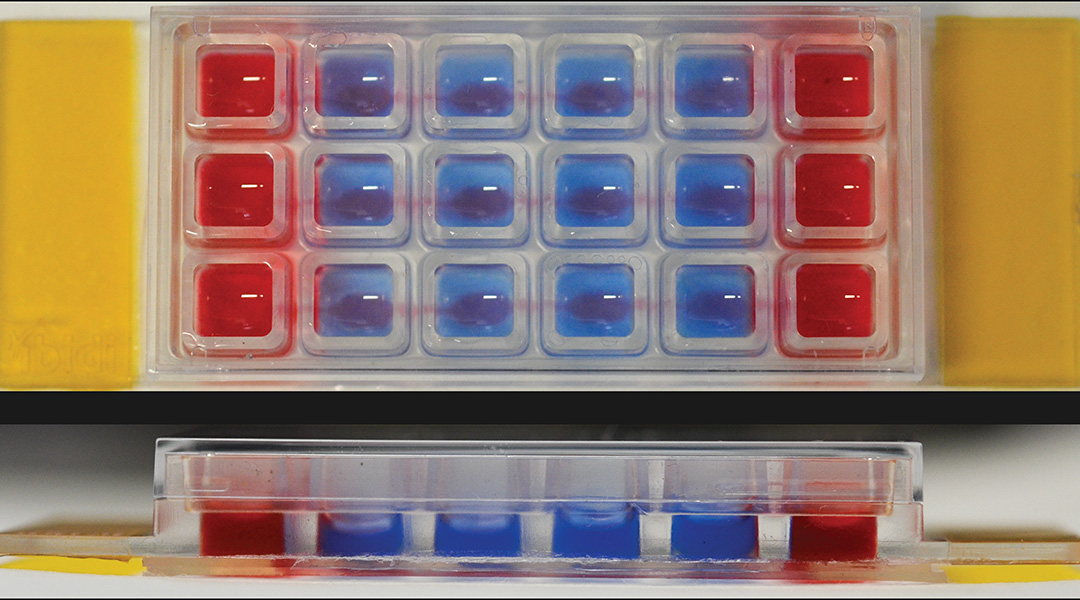
A microfluidic chip could help researchers uncover the unknown underlying mechanisms that cause inflammatory bowel disease.
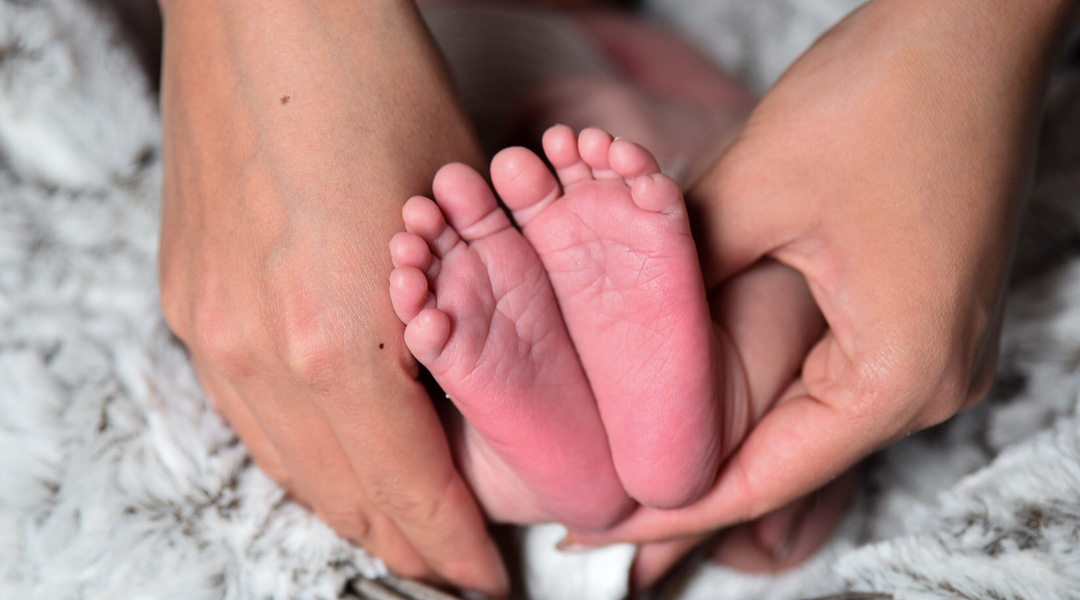
The infant microbiome can be built from a dizzying array of different sources.
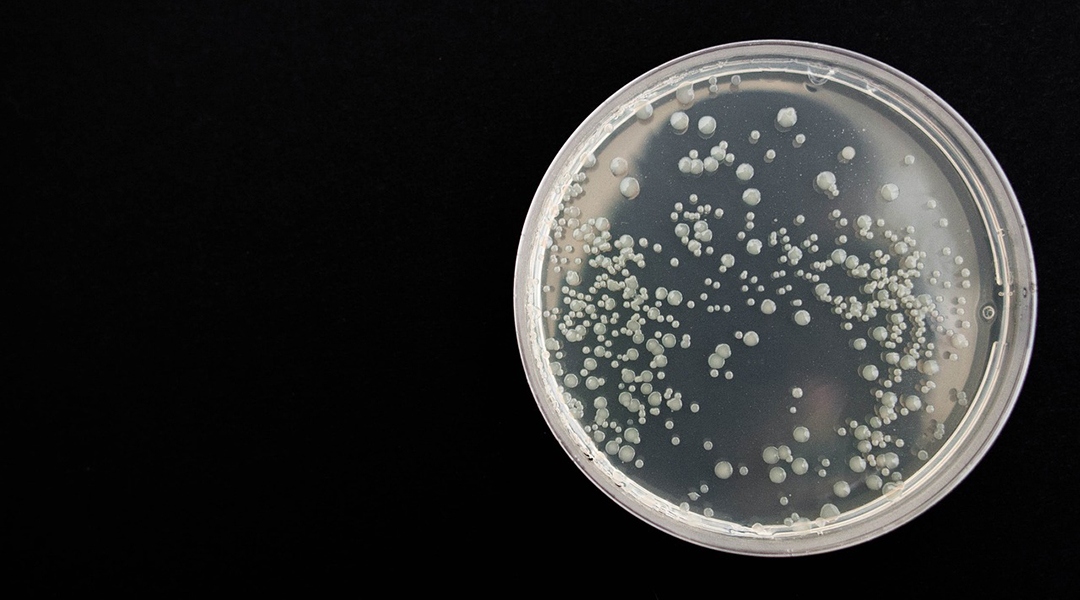
It is generally accepted that a community of beneficial bacteria make up the lung microbiome, but their origin and formation have remained unclear — until now.
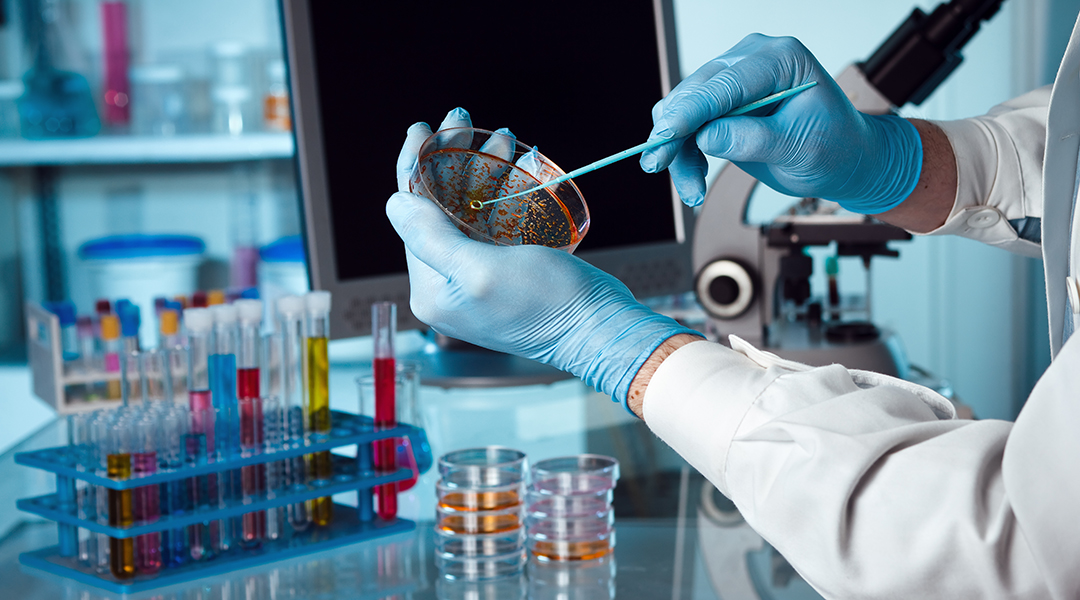
An extensive database will help scientists better understand the link between our gut microbiota and depression to inform new, tailored therapies.
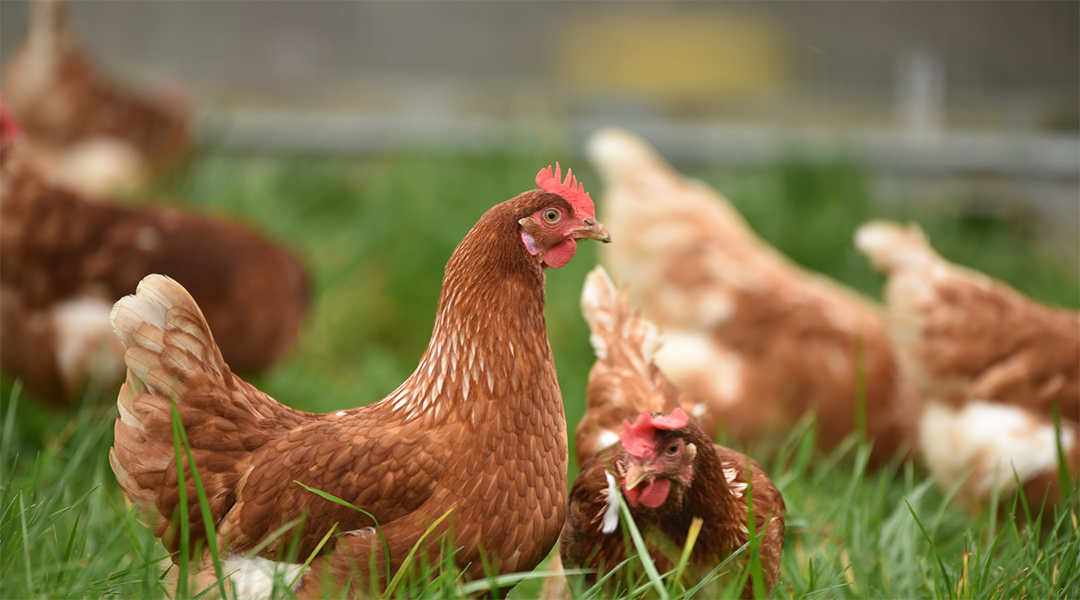
Researchers look to the guts of chickens’ ancestors to gain insights into domestication.
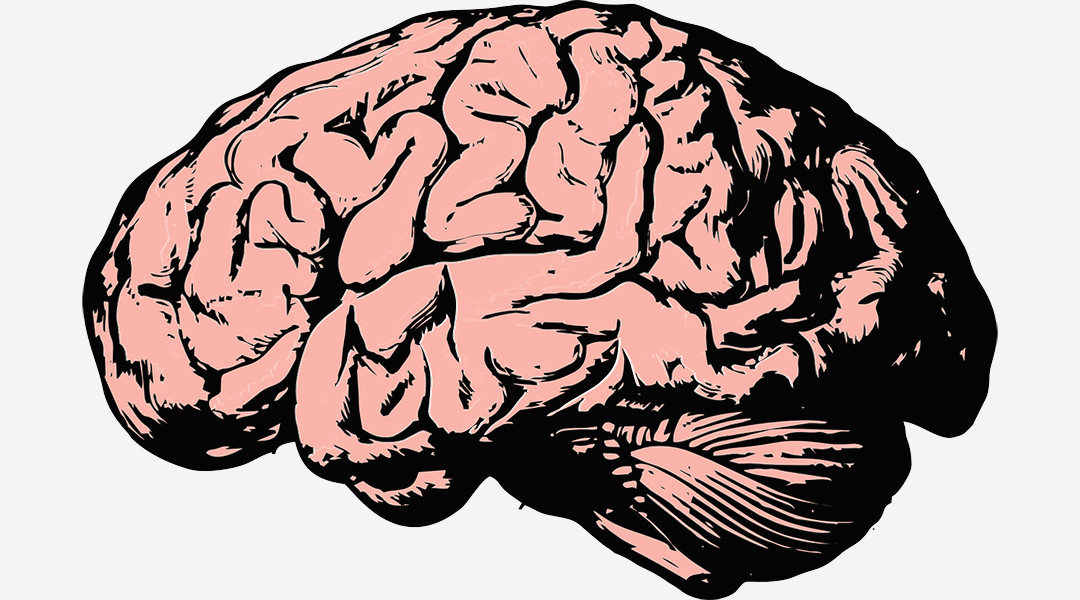
The human gut microbiome governs not only our physical health but mental well-being.
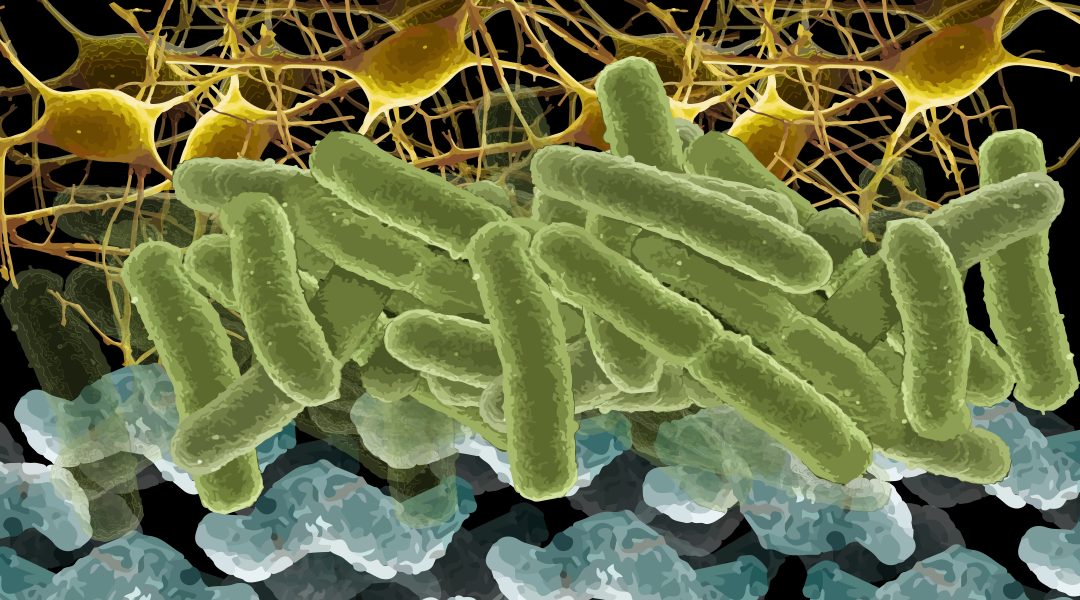
Alexander Klimovich and Thomas Bosch discuss current knowledge on the function of the nervous system in Hydra and the interactions between neurons and microbes.
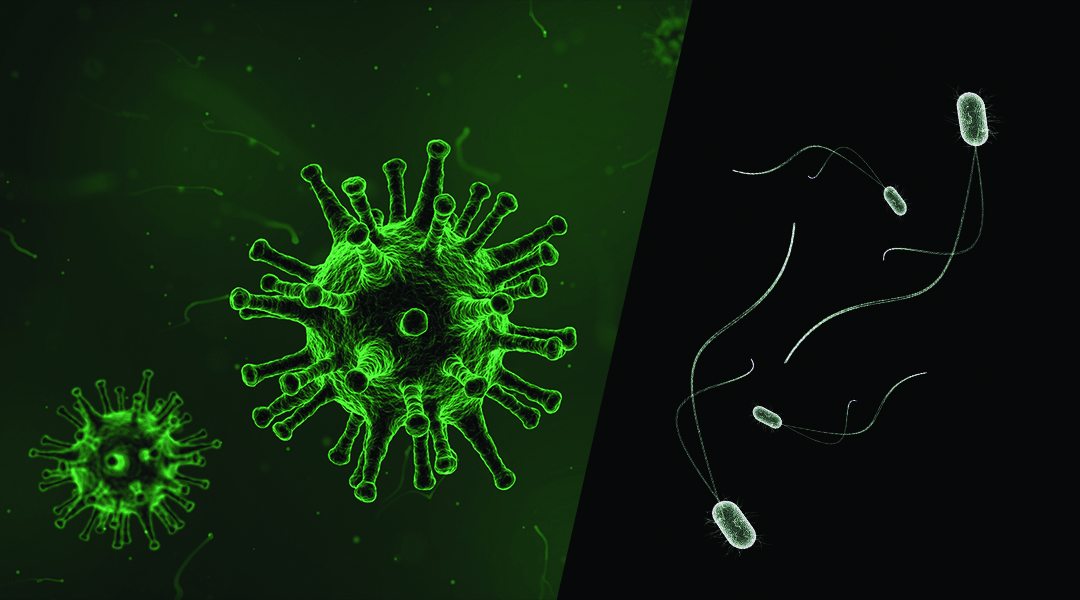
Human microbiota, blood group antigens, and disease, a look at the ways that microbiota interact with the human body.